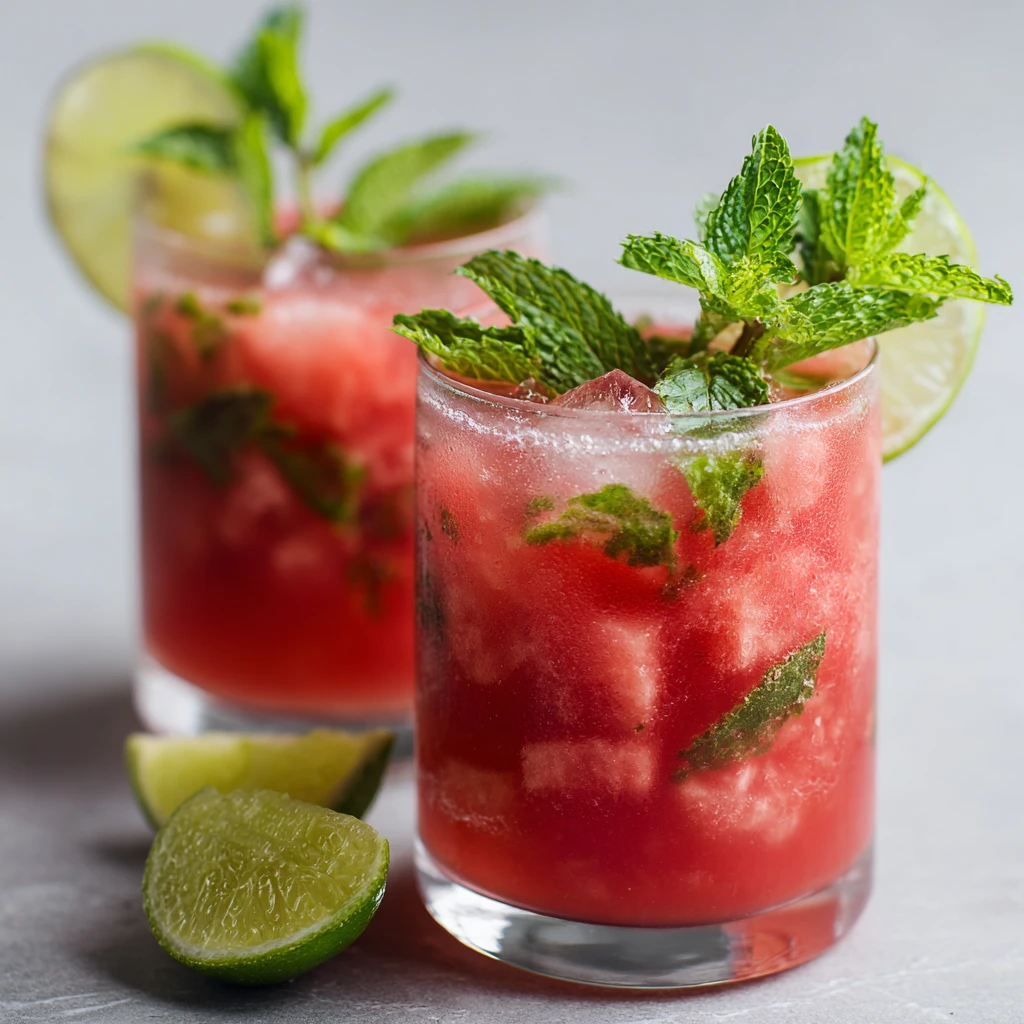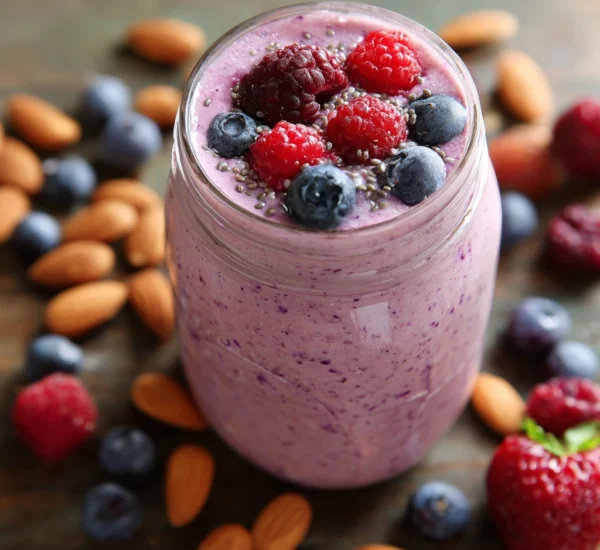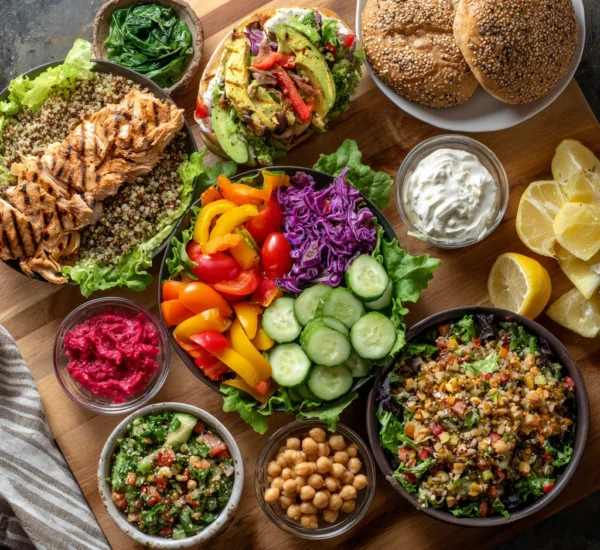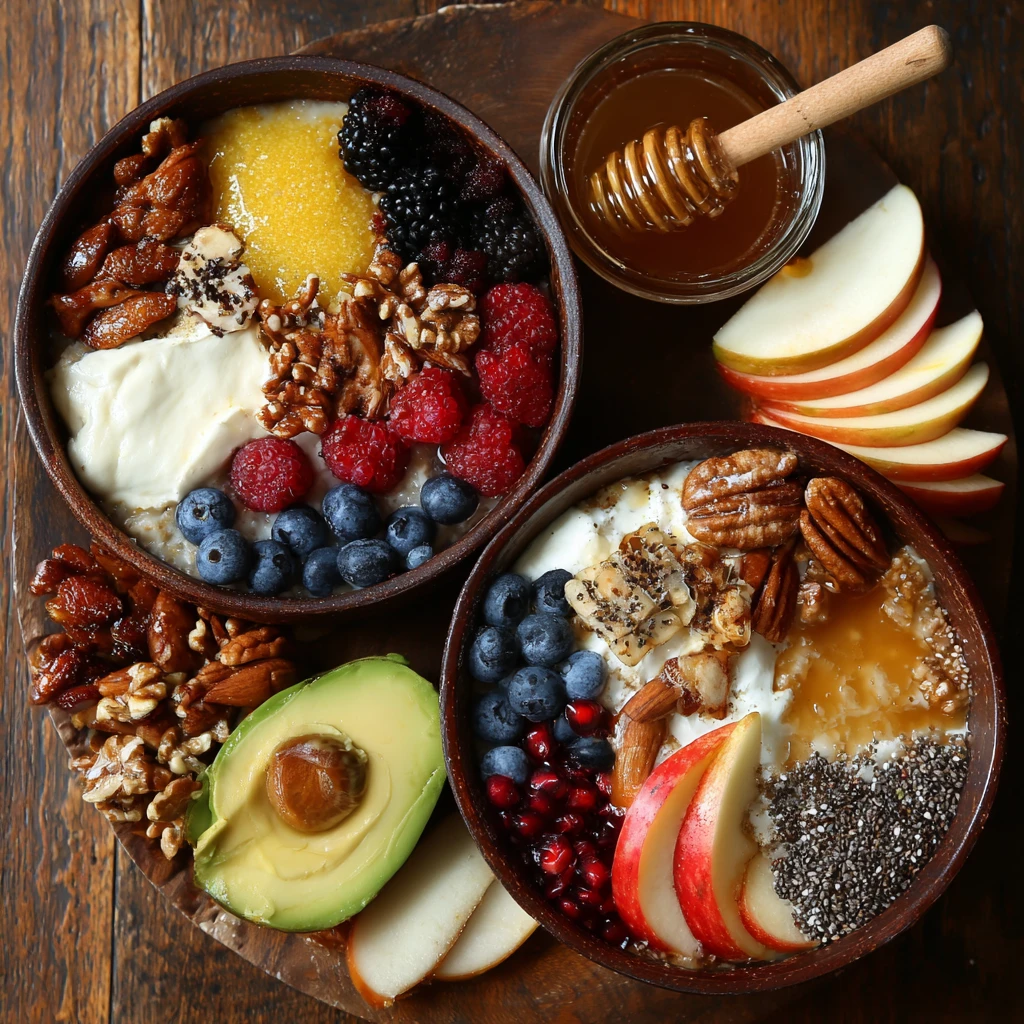Water Intake Calculator: Find Your Perfect Daily Hydration Goal
Staying properly hydrated is crucial for overall health and well-being. Water plays a vital role in numerous bodily functions, including regulating temperature, transporting nutrients, and removing waste. But how much water should you actually drink each day? This article explores the importance of hydration, provides a water intake calculator, and offers tips to help you reach your perfect daily hydration goal.

Why is Hydration So Important?
Dehydration can lead to a variety of health problems, from minor inconveniences like headaches and fatigue to more serious issues like kidney problems and decreased cognitive function. Water is essential for:
- Regulating Body Temperature: Water helps maintain a stable internal temperature through perspiration.
- Transporting Nutrients: Water carries nutrients to your cells, allowing them to function properly.
- Removing Waste: Water helps flush out toxins and waste products through urine and sweat.
- Lubricating Joints: Water acts as a lubricant for your joints, reducing friction and pain.
- Cognitive Function: Even mild dehydration can impair cognitive performance, affecting concentration and memory.
- Skin Health: Adequate hydration contributes to healthy, radiant skin.
Recognizing the signs of dehydration is crucial. These can include:
- Thirst
- Dark urine
- Fatigue
- Headache
- Dizziness
- Dry mouth
Don’t wait until you experience these symptoms to drink water. Make hydration a consistent habit throughout the day.
Understanding Your Daily Water Needs
The “8 glasses a day” rule is a common guideline, but individual water needs vary depending on several factors. These include:
- Activity Level: Individuals who engage in strenuous physical activity need more water to replenish fluids lost through sweat.
- Climate: Hot and humid environments increase sweat production, requiring higher water intake.
- Overall Health: Certain medical conditions, such as kidney problems, may require specific fluid intake recommendations. Consult your doctor for personalized advice.
- Diet: Consuming foods with high water content, such as fruits and vegetables, can contribute to your overall hydration.
- Age: Older adults may have a decreased sense of thirst and should be mindful of their fluid intake.
- Pregnancy and Breastfeeding: Pregnant and breastfeeding women have increased fluid needs to support both their own health and the baby's.
A general guideline suggests that men should aim for approximately 15.5 cups (3.7 liters) of fluids per day, while women should aim for approximately 11.5 cups (2.7 liters). Remember, these are just general recommendations, and your individual needs may vary.
Water Intake Calculator: Find Your Personalized Recommendation
While general guidelines are helpful, a water intake calculator can provide a more personalized estimate based on your specific characteristics. Most calculators consider your weight, activity level, and climate to determine your ideal daily water intake.
How to Use a Water Intake Calculator:
1. Enter Your Weight: Provide your current weight in pounds or kilograms.
2. Select Your Activity Level: Choose an activity level that best describes your typical daily routine (e.g., sedentary, lightly active, moderately active, very active).
3. Specify Your Climate: Indicate the climate you live in (e.g., cool, temperate, hot).
4. Calculate Your Water Needs: The calculator will provide an estimate of your recommended daily water intake in ounces, cups, or liters.
Important Considerations:
- Listen to Your Body: While calculators provide a useful estimate, pay attention to your body's signals. Drink when you feel thirsty, and adjust your intake based on your activity level and environmental conditions.
- Consult Your Doctor: If you have any underlying health conditions, consult your doctor for personalized hydration recommendations.
- Adjust as Needed: Your water needs may fluctuate depending on various factors. Adjust your intake accordingly.
By using a water intake calculator and paying attention to your body’s signals, you can effectively determine your perfect daily hydration goal.
Tips for Staying Hydrated Throughout the Day
Reaching your daily hydration goal doesn’t have to be a chore. Here are some practical tips to make it easier:
- Carry a Water Bottle: Keep a reusable water bottle with you throughout the day. This serves as a constant reminder to drink water.
- Set Reminders: Use your phone or a hydration app to set reminders to drink water at regular intervals.
- Drink Water Before Meals: Drinking a glass of water before each meal can help you stay hydrated and may even promote satiety.
- Infuse Your Water: Add slices of fruit, vegetables, or herbs to your water for a more flavorful and refreshing drink. Popular options include lemon, cucumber, mint, and berries.
- Eat Water-Rich Foods: Incorporate water-rich foods into your diet, such as watermelon, cucumbers, celery, and spinach.
- Choose Hydrating Beverages: Opt for hydrating beverages like water, herbal tea, and unsweetened sparkling water instead of sugary drinks.
- Monitor Your Urine Color: Aim for a pale yellow urine color, which indicates adequate hydration. Darker urine suggests dehydration.
- Drink Before, During, and After Exercise: Replenish fluids lost through sweat by drinking water before, during, and after physical activity.
- Make it a Habit: Incorporate hydration into your daily routine, just like brushing your teeth or taking a shower.
By incorporating these simple tips into your daily life, you can easily stay hydrated and reap the numerous health benefits.

Common Hydration Questions Answered (FAQ)
Here are some frequently asked questions about hydration:
Q: Can I count other beverages towards my daily water intake?
A: Yes, beverages like herbal tea, fruit-infused water, and unsweetened sparkling water can contribute to your daily fluid intake. However, sugary drinks like soda and juice should be limited, as they can add unnecessary calories and may not be as hydrating.
Q: Is it possible to drink too much water?
A: While rare, it is possible to drink too much water, leading to a condition called hyponatremia. This occurs when the sodium levels in your blood become diluted. Symptoms can include nausea, headache, confusion, and in severe cases, seizures. Generally, this is only a concern for endurance athletes who drink excessive amounts of water without replenishing electrolytes.
Q: Does caffeine dehydrate you?
A: Caffeinated beverages like coffee and tea have a mild diuretic effect, meaning they can increase urine production. However, research suggests that moderate caffeine consumption does not significantly contribute to dehydration, especially if you regularly consume caffeinated beverages.
Q: How much water should I drink during exercise?
A: The amount of water you need during exercise depends on factors like the intensity and duration of your workout, as well as the climate. A general guideline is to drink about 7-10 ounces of water every 10-20 minutes during exercise.
Q: Are there any foods that can help with hydration?
A: Yes, many fruits and vegetables have a high water content and can contribute to your hydration. Some excellent choices include watermelon, cucumbers, strawberries, celery, and spinach.
Q: Should I drink more water when I am sick?
A: Yes, staying hydrated is especially important when you are sick, as your body may lose more fluids due to fever, vomiting, or diarrhea. Drink plenty of water, herbal tea, or electrolyte solutions to replenish lost fluids.
Q: What are the long-term benefits of staying hydrated?
A: Long-term hydration can contribute to improved energy levels, better skin health, reduced risk of kidney stones, improved cognitive function, and overall well-being.
By addressing these common questions, you can gain a better understanding of hydration and its impact on your health.



